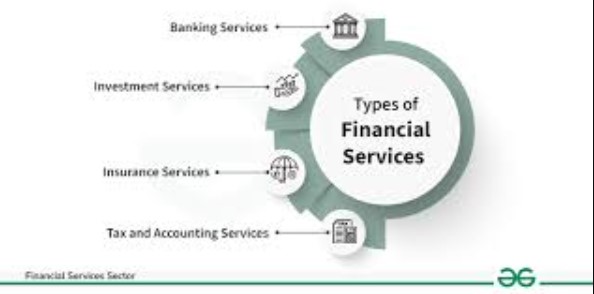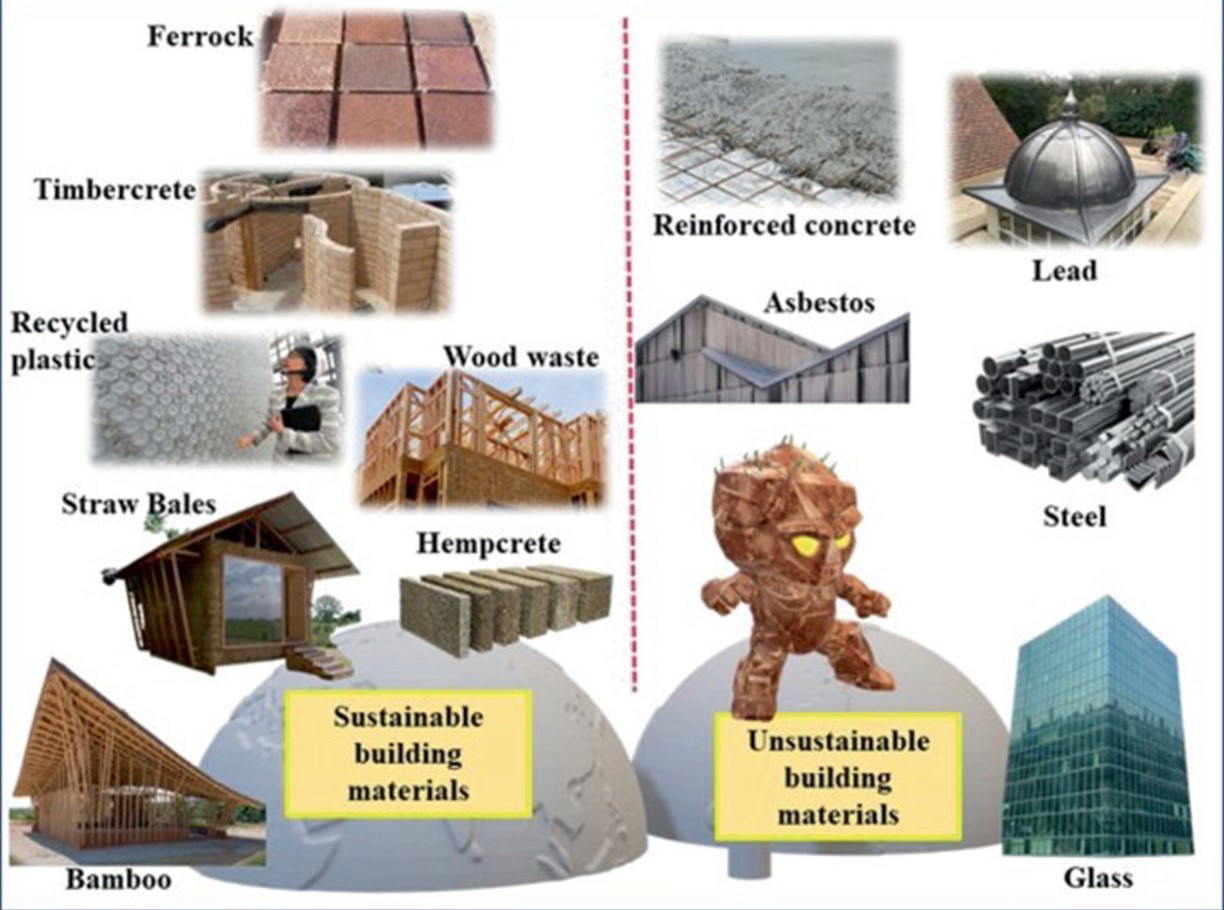In today’s competitive market, industrial and professional services sectors must navigate complex challenges and opportunities. Whether you’re managing industrial insurance or seeking business process automation, the right strategies can make all the difference. This article explores essential elements such as industrial insurance providers, B2B marketing strategies, business financing for manufacturing, industrial real estate leasing, and business process automation consulting.
Financial and Professional Services
- “Industrial insurance providers”
- “B2B industrial marketing strategies”
- “Business financing for manufacturing”
- “Industrial real estate leasing”
- “Business process automation consulting”
Understanding Industrial Insurance Providers
Industrial insurance is crucial for businesses operating in manufacturing and other industrial sectors. These providers offer specialized coverage to protect against unique risks associated with industrial operations. This includes everything from machinery breakdowns to liability for accidents and environmental damage.
Choosing the right industrial insurance provider involves assessing your specific needs and risks. Look for companies that offer tailored coverage and have experience in your industry. Reliable providers will help you navigate complex insurance requirements, ensuring that you have the protection needed to avoid costly disruptions.
Effective B2B Industrial Marketing Strategies
Marketing in the B2B industrial sector requires a strategic approach to reach and engage potential clients. Here are some effective strategies:
- Content Marketing: Develop valuable content that addresses industry challenges and showcases your expertise. This can include blog posts, whitepapers, and case studies.
- SEO and SEM: Optimize your online presence with targeted keywords to improve search engine rankings and attract relevant leads.
- Industry Events: Participate in trade shows and conferences to network with potential clients and showcase your products or services.
- Email Campaigns: Create personalized email campaigns that provide useful information and updates to your existing and potential clients.
By implementing these strategies, you can enhance your visibility, establish authority in your field, and generate quality leads.
Navigating Business Financing for Manufacturing
Securing financing for manufacturing businesses can be challenging but is essential for growth and operational efficiency. Consider these financing options:
- Traditional Loans: Bank loans are a common choice for financing large capital expenditures or expanding operations.
- Equipment Financing: Specifically for purchasing or leasing new machinery, equipment financing can help preserve working capital.
- Government Grants and Subsidies: Explore available grants or subsidies that support manufacturing innovations and growth.
- Venture Capital: For high-growth potential businesses, venture capital can provide the necessary funding in exchange for equity.
Evaluate your financing needs carefully and choose the option that best aligns with your business goals and financial health.
Industrial Real Estate Leasing
Leasing industrial real estate involves finding the right property to support your business operations. Factors to consider include location, size, and infrastructure.
- Location: Choose a location that is strategically positioned for your supply chain and distribution needs. Proximity to major transport routes can enhance efficiency.
- Size and Layout: Ensure the property has adequate space and a layout that suits your operational requirements. Consider future growth and flexibility.
- Lease Terms: Negotiate terms that align with your business strategy. Look for options that allow for scalability and minimize long-term commitments if possible.
- Amenities and Infrastructure: Check for necessary facilities such as loading docks, high ceilings, and sufficient power supply.
A well-chosen industrial space can significantly impact your operational efficiency and overall business success.
Business Process Automation Consulting
Business process automation (BPA) can streamline operations, reduce costs, and improve efficiency. Consulting with experts in this field can provide valuable insights and solutions.
- Assessment and Planning: Consultants will assess your current processes and identify areas for improvement. They will help you plan a customized automation strategy.
- Technology Selection: Choose the right tools and technologies that fit your business needs. This might include software for workflow management, data analysis, or customer relationship management.
- Implementation and Training: Proper implementation is crucial for success. Consultants can guide you through the process and provide training for your team.
- Monitoring and Optimization: After implementation, continuous monitoring and optimization are essential to ensure the system meets your evolving needs.
By investing in BPA consulting, you can enhance productivity and focus on strategic growth areas.
Navigating the complexities of industrial and professional services requires a strategic approach in various areas such as insurance, marketing, financing, real estate, and process automation. By understanding these key elements and implementing effective strategies, you can position your business for success and achieve long-term growth. Whether you’re optimizing your insurance coverage or automating processes, each decision plays a crucial role in maximizing your business potential.




